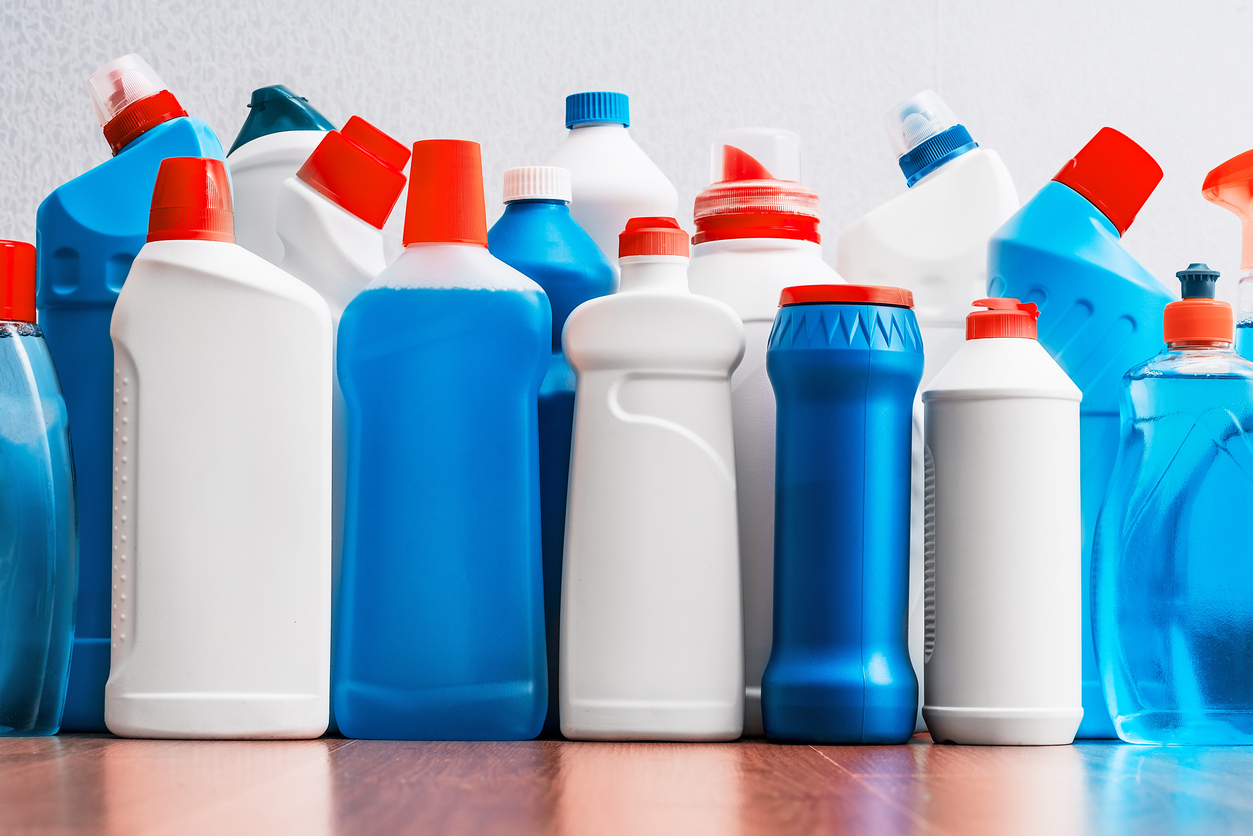Plastic Products Made From Polyacetals – Buy Them in Kenya with Wigmore Trading
Plastic Products Made From Polyacetals – Buy Them in Kenya with Wigmore Trading
The production of plastics is a very broad industry. It incorporates the creation of various different types of plastic products, including those made from polyacetal. Polyacetals are a type of thermoplastic that’s usually used to make items such as food containers and household objects like pencil sharpeners or toys. There are many sources of polyacetal, which can be divided into two main categories: natural and synthetic. Natural polyacetals are produced from trees, whereas synthetic polyacetals are made from chemicals in a lab. The following is an in-depth look at the manufacturing process for each type of polyacetal.
Natural Polyacetals
Natural polyacetals are made from a combination of two plants. These two plants are the black locust tree and the East Indian Thack tree. The wood chips from these trees are ground down into sawdust, which is then reacted with formaldehyde in a chemical reaction to create the final product. The final product is a synthetic resin that is used to create products like plastic containers or pencil sharpeners. Because black locust and Indian Thack trees are not grown in Kenya, natural polyacetals are not made in Kenya. They are only produced in Europe and the Americas. Natural polyacetals are a bioplastic, which means that they are made from plants and other renewable sources. Natural polyacetals are a greener and more environmentally friendly option to synthetic polyacetals. They have less of an impact on the Earth’s resources, so they are more sustainable.
Synthetic Polyacetals
Synthetic polyacetals are made from chemicals. This is a much more complex process than that of the natural polyacetals. The chemicals are mixed together and heated to create the final product: a synthetic resin that is used to create products like plastic containers or pencil sharpeners. Synthetic polyacetals are made from a combination of acetylene, naphtha, ethanol, and ethylene glycol. These chemicals are mixed together and put into a reaction furnace where they are heated to produce the final product. This entire process is done in a lab, and it requires a great deal of energy. Because of this, synthetic polyacetals have a higher carbon footprint than natural polyacetals.
What is the Manufacturing Process for Polyacetals?
The manufacturing process for polyacetals is quite similar for both types of polyacetals. The process of making polyacetals starts with the creation of ethylene. Ethylene is then put into a reactor with a catalyst to create a reaction, and this reaction creates acetylene. Next, the acetylene is put with ethanol to create ethylene glycol, which is then put into a reactor with air to create the chemical reaction that converts acetylene into polyacetals. These polyacetals are then put into a heated mixing vessel to create the final product. The chemical reaction is done in a lab, and the final product is then used to create plastic products like pencil sharpeners or plastic food containers.
Pros of Polyacetal Products
– There are no toxic or carcinogenic chemicals involved in the creation of polyacetal products. This means that there is no risk of people being exposed to harmful chemicals. – Polyacetal products are very strong and durable. They can withstand a lot of pressure, and they can be used again and again without wearing out. – Polyacetal products are easy to clean and maintain. They don’t absorb dirt or other materials, so they can be cleaned and wiped off very easily.
Cons of Polyacetal Products
– Because polyacetal products are made from synthetic materials, they are not biodegradable. This means that they will not break down within a reasonable amount of time or at all. This is dangerous, as they can end up polluting the environment and harming the wildlife. – Polyacetal products are not easily recyclable. They cannot be broken down and turned into other products. This means that they cannot be reused, and they will just sit in a landfill forever. – Polyacetal products are not a sustainable resource. They are made from chemicals that are harmful for the environment, so it is not a good idea to use them for long-term use.
Conclusion
At first glance, polyacetal plastics may seem like a good option. They are strong and durable, so they can be used for a long time. However, they are not biodegradable and they are not easily recyclable. For these reasons, they are not a good option. Natural polyacetals are a better choice because they are made from plants that are grown naturally.








LEAVE A COMMENT
You must be logged in to post a comment.